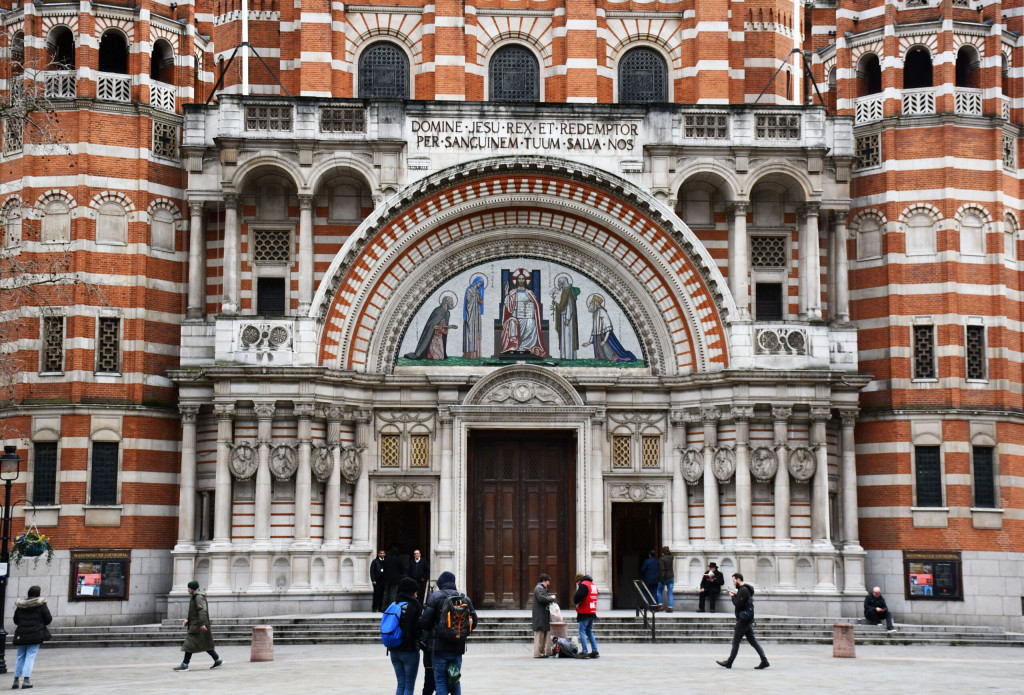Go big or go home. Gain a profit or you’re a failure. Do whatever it takes to succeed. Mottos like these have constantly influenced people living in capitalist societies. These mindsets lead to big businesses taking advantage of their employees and companies doing whatever they can to skyrocket sales. This mindset has also expanded to other parts of life, including religion.
Megachurches are simply defined as Christian churches with over two thousand members, but they have continued to represent more. Charismatic and well spoken leaders of megachurches often unite religious beliefs with the modern era, utilizing the massive profits they make to stay up-to-date with the best technology to spread their beliefs and their worship.
The problem with megachurches often relates to the money they make and what they do with it. In 2017, a famous megachurch preacher, Joel Osteen, closed the doors of his church to residents who were displaced by Hurricane Harvey. When asked about it, the church made a false claim that it was flooded. It took four days of backlash for them to allow people to take shelter inside.
Controversies like this, along with the typical evangelical form of Christianity that megachurches often promote have caused backlashes against institutions like these. Many people believe that religion is sacred and that megachurches warp it because of the capitalist mindset.
Of all things within capitalism to worry about, megachurches should be low on the list. Morally, it’s wrong to exploit worship and gain millions from it, and it's even worse to use church profits for personal gain, but it’s not that bad. Megachurches still give people faith. They provide a place of worship and they provide something to believe in. Other exploitative parts of capitalism don’t even do that.
Megachurches don’t deserve the intense amount of scrutiny they get. Instead, people should be paying more attention to any of the number of growing national or international crisis. There is an epidemic of homelessness that continues to get worse due to higher housing costs that aren’t met with increased wages. The system punishes everybody except for the rich, taking away food, healthcare, and housing, eventually leaving most people in debt and struggling to survive.

The issue of a capitalistic society structured around profit over well-being is what more activism needs to focus on. All too often, activists in places like Berkeley focus on issues that are just by-products of the system we live in. By focusing efforts on things like megachurches, people are only addressing a smaller part of a larger problem. Getting a single megachurch preacher to donate some money to charity does not matter nearly as much as redistribution of wealth or equitable taxes.
Ultimately, megachurches are not necessarily bad. Having a large congregation of people who are all finding faith together can be incredible. It only gets bad when a warped mindset influenced by capitalism causes a leader to make self-serving and greedy decisions that take advantage of their congregation. By looking at the deeper issues that lead to these types of mindsets, a more permanent solution could occur. Activism needs to focus on the system, not on the system's by-products.





